[Anchor]
The Sado Mine you see here is a painful historical site for Korea, where thousands of Koreans were forced into labor during Japan’s colonial rule.
Japan once promised that if Korea agreed to the mine’s UNESCO registration, it would acknowledge this history through exhibitions and hold annual memorial ceremonies.
Has Japan kept that promise?
The installed displays omit the word “forced,” and the representative who delivered remarks at the ceremony was not a vice-minister level official, as requested by Korea, but a former far-right politician.
As a result, the memorial was held without the participation of the Korean government, making it a one-sided event.
A present and future without confronting the past cannot be sustained.
The issue of historical reconciliation lies before the relationship between the two countries, which is celebrating its 60th anniversary of diplomatic relations, as reported by Song Geum-han.
[Report]
The government officially raised concerns with UNESCO about Japan's insincere attitude shown at last year's Sado Mine memorial service.
But hopes are slim that Japan will adopt a more sincere tone this year.
[Lee Won-deok/Professor of Japanese Studies, Kookmin University: “Japanese politicians rarely go beyond the Abe Statement to express further remorse or apology.”]
If Japan does not change its attitude, the government's so-called 'two-track' approach of separating historical issues from current affairs will inevitably face limitations.
President Lee Jae Myung also criticized the disruption of the Sado Mine memorial service during his time as party leader, calling it the "worst diplomatic disaster."
[Lee Jae Myung/Then Democratic Party Leader/Nov. 2024: "If this situation continues, I must say that a future-oriented and normal Korea-Japan relationship will be difficult."]
The payment of compensation for forced labor through third-party settlement also remains an unfinished task due to a lack of funds.
Experts argue that only by establishing a new framework to supplement the 1965 Treaty on Basic Relations Between Japan and the Republic of Korea—the so-called “’65 System”—can these historical issues be fundamentally addressed.
The gap must be bridged between Japan’s position that all claims were settled in 1965 and Korea’s stance that individual rights to seek redress for crimes against humanity remain valid.
[Choi Hee-sik / Professor of Japanese Studies, Kookmin University: “The issue is shifting toward how to upgrade the ‘65 system,’ which has already been supplemented and revised over time.”]
Unless Japan shows at least minimal sincerity on historical issues, the momentum toward improved ties will inevitably falter.
As Korea marks the 80th anniversary of liberation this year, a message from Prime Minister Ishiba is expected to serve as a key indicator of Japan’s stance.
This is KBS News, Song Geum-han reporting.
The Sado Mine you see here is a painful historical site for Korea, where thousands of Koreans were forced into labor during Japan’s colonial rule.
Japan once promised that if Korea agreed to the mine’s UNESCO registration, it would acknowledge this history through exhibitions and hold annual memorial ceremonies.
Has Japan kept that promise?
The installed displays omit the word “forced,” and the representative who delivered remarks at the ceremony was not a vice-minister level official, as requested by Korea, but a former far-right politician.
As a result, the memorial was held without the participation of the Korean government, making it a one-sided event.
A present and future without confronting the past cannot be sustained.
The issue of historical reconciliation lies before the relationship between the two countries, which is celebrating its 60th anniversary of diplomatic relations, as reported by Song Geum-han.
[Report]
The government officially raised concerns with UNESCO about Japan's insincere attitude shown at last year's Sado Mine memorial service.
But hopes are slim that Japan will adopt a more sincere tone this year.
[Lee Won-deok/Professor of Japanese Studies, Kookmin University: “Japanese politicians rarely go beyond the Abe Statement to express further remorse or apology.”]
If Japan does not change its attitude, the government's so-called 'two-track' approach of separating historical issues from current affairs will inevitably face limitations.
President Lee Jae Myung also criticized the disruption of the Sado Mine memorial service during his time as party leader, calling it the "worst diplomatic disaster."
[Lee Jae Myung/Then Democratic Party Leader/Nov. 2024: "If this situation continues, I must say that a future-oriented and normal Korea-Japan relationship will be difficult."]
The payment of compensation for forced labor through third-party settlement also remains an unfinished task due to a lack of funds.
Experts argue that only by establishing a new framework to supplement the 1965 Treaty on Basic Relations Between Japan and the Republic of Korea—the so-called “’65 System”—can these historical issues be fundamentally addressed.
The gap must be bridged between Japan’s position that all claims were settled in 1965 and Korea’s stance that individual rights to seek redress for crimes against humanity remain valid.
[Choi Hee-sik / Professor of Japanese Studies, Kookmin University: “The issue is shifting toward how to upgrade the ‘65 system,’ which has already been supplemented and revised over time.”]
Unless Japan shows at least minimal sincerity on historical issues, the momentum toward improved ties will inevitably falter.
As Korea marks the 80th anniversary of liberation this year, a message from Prime Minister Ishiba is expected to serve as a key indicator of Japan’s stance.
This is KBS News, Song Geum-han reporting.
■ 제보하기
▷ 카카오톡 : 'KBS제보' 검색, 채널 추가
▷ 전화 : 02-781-1234, 4444
▷ 이메일 : kbs1234@kbs.co.kr
▷ 유튜브, 네이버, 카카오에서도 KBS뉴스를 구독해주세요!
- Sado Mine dispute
-
- 입력 2025-06-22 01:07:09
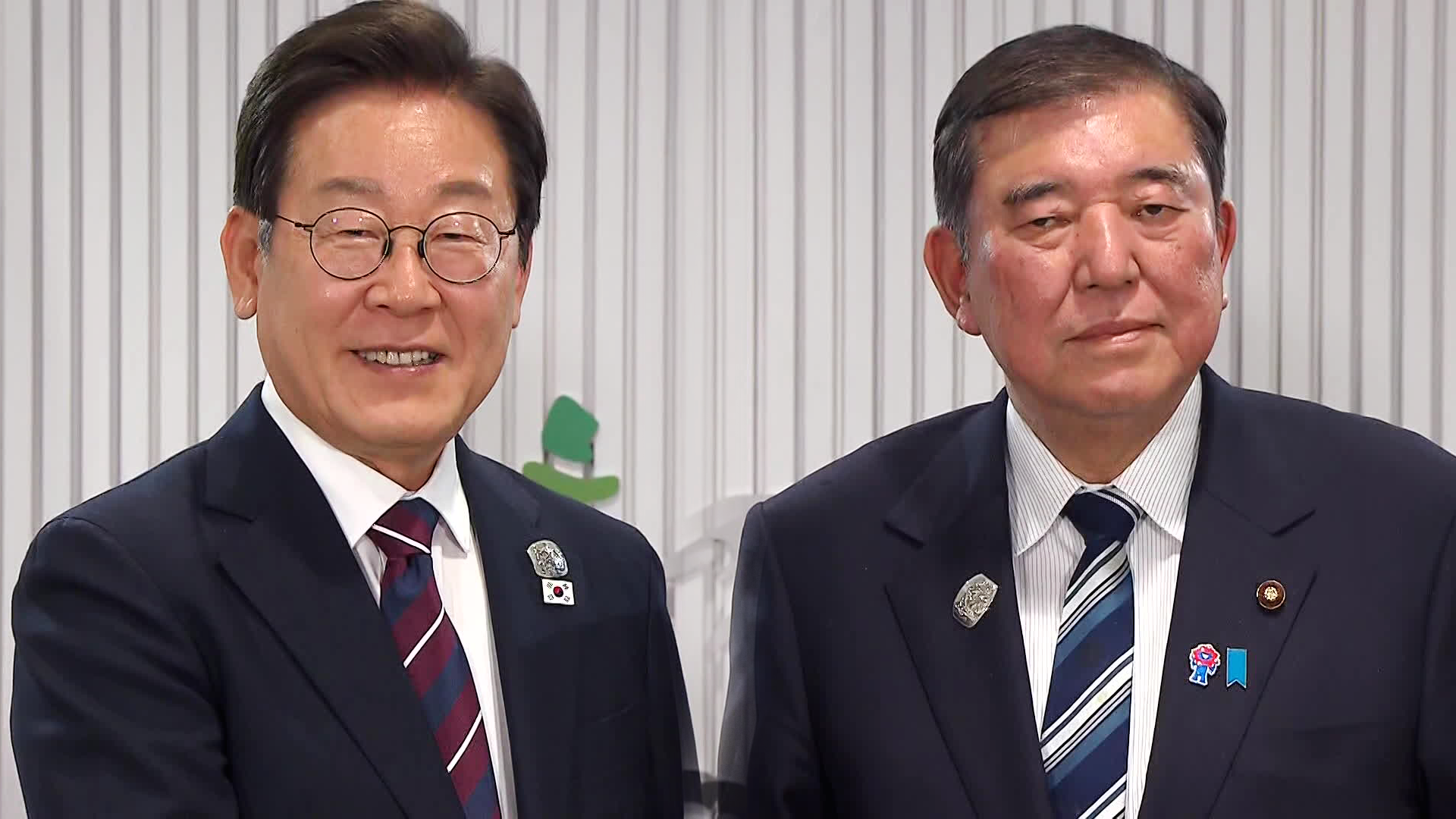
[Anchor]
The Sado Mine you see here is a painful historical site for Korea, where thousands of Koreans were forced into labor during Japan’s colonial rule.
Japan once promised that if Korea agreed to the mine’s UNESCO registration, it would acknowledge this history through exhibitions and hold annual memorial ceremonies.
Has Japan kept that promise?
The installed displays omit the word “forced,” and the representative who delivered remarks at the ceremony was not a vice-minister level official, as requested by Korea, but a former far-right politician.
As a result, the memorial was held without the participation of the Korean government, making it a one-sided event.
A present and future without confronting the past cannot be sustained.
The issue of historical reconciliation lies before the relationship between the two countries, which is celebrating its 60th anniversary of diplomatic relations, as reported by Song Geum-han.
[Report]
The government officially raised concerns with UNESCO about Japan's insincere attitude shown at last year's Sado Mine memorial service.
But hopes are slim that Japan will adopt a more sincere tone this year.
[Lee Won-deok/Professor of Japanese Studies, Kookmin University: “Japanese politicians rarely go beyond the Abe Statement to express further remorse or apology.”]
If Japan does not change its attitude, the government's so-called 'two-track' approach of separating historical issues from current affairs will inevitably face limitations.
President Lee Jae Myung also criticized the disruption of the Sado Mine memorial service during his time as party leader, calling it the "worst diplomatic disaster."
[Lee Jae Myung/Then Democratic Party Leader/Nov. 2024: "If this situation continues, I must say that a future-oriented and normal Korea-Japan relationship will be difficult."]
The payment of compensation for forced labor through third-party settlement also remains an unfinished task due to a lack of funds.
Experts argue that only by establishing a new framework to supplement the 1965 Treaty on Basic Relations Between Japan and the Republic of Korea—the so-called “’65 System”—can these historical issues be fundamentally addressed.
The gap must be bridged between Japan’s position that all claims were settled in 1965 and Korea’s stance that individual rights to seek redress for crimes against humanity remain valid.
[Choi Hee-sik / Professor of Japanese Studies, Kookmin University: “The issue is shifting toward how to upgrade the ‘65 system,’ which has already been supplemented and revised over time.”]
Unless Japan shows at least minimal sincerity on historical issues, the momentum toward improved ties will inevitably falter.
As Korea marks the 80th anniversary of liberation this year, a message from Prime Minister Ishiba is expected to serve as a key indicator of Japan’s stance.
This is KBS News, Song Geum-han reporting.
The Sado Mine you see here is a painful historical site for Korea, where thousands of Koreans were forced into labor during Japan’s colonial rule.
Japan once promised that if Korea agreed to the mine’s UNESCO registration, it would acknowledge this history through exhibitions and hold annual memorial ceremonies.
Has Japan kept that promise?
The installed displays omit the word “forced,” and the representative who delivered remarks at the ceremony was not a vice-minister level official, as requested by Korea, but a former far-right politician.
As a result, the memorial was held without the participation of the Korean government, making it a one-sided event.
A present and future without confronting the past cannot be sustained.
The issue of historical reconciliation lies before the relationship between the two countries, which is celebrating its 60th anniversary of diplomatic relations, as reported by Song Geum-han.
[Report]
The government officially raised concerns with UNESCO about Japan's insincere attitude shown at last year's Sado Mine memorial service.
But hopes are slim that Japan will adopt a more sincere tone this year.
[Lee Won-deok/Professor of Japanese Studies, Kookmin University: “Japanese politicians rarely go beyond the Abe Statement to express further remorse or apology.”]
If Japan does not change its attitude, the government's so-called 'two-track' approach of separating historical issues from current affairs will inevitably face limitations.
President Lee Jae Myung also criticized the disruption of the Sado Mine memorial service during his time as party leader, calling it the "worst diplomatic disaster."
[Lee Jae Myung/Then Democratic Party Leader/Nov. 2024: "If this situation continues, I must say that a future-oriented and normal Korea-Japan relationship will be difficult."]
The payment of compensation for forced labor through third-party settlement also remains an unfinished task due to a lack of funds.
Experts argue that only by establishing a new framework to supplement the 1965 Treaty on Basic Relations Between Japan and the Republic of Korea—the so-called “’65 System”—can these historical issues be fundamentally addressed.
The gap must be bridged between Japan’s position that all claims were settled in 1965 and Korea’s stance that individual rights to seek redress for crimes against humanity remain valid.
[Choi Hee-sik / Professor of Japanese Studies, Kookmin University: “The issue is shifting toward how to upgrade the ‘65 system,’ which has already been supplemented and revised over time.”]
Unless Japan shows at least minimal sincerity on historical issues, the momentum toward improved ties will inevitably falter.
As Korea marks the 80th anniversary of liberation this year, a message from Prime Minister Ishiba is expected to serve as a key indicator of Japan’s stance.
This is KBS News, Song Geum-han reporting.
-
-

송금한 기자 email@kbs.co.kr
송금한 기자의 기사 모음
-
이 기사가 좋으셨다면
-
좋아요
0
-
응원해요
0
-
후속 원해요
0










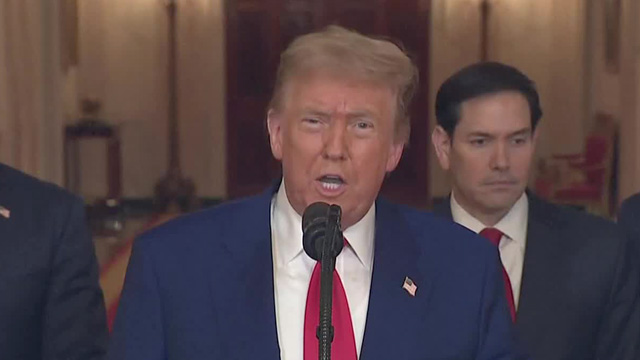
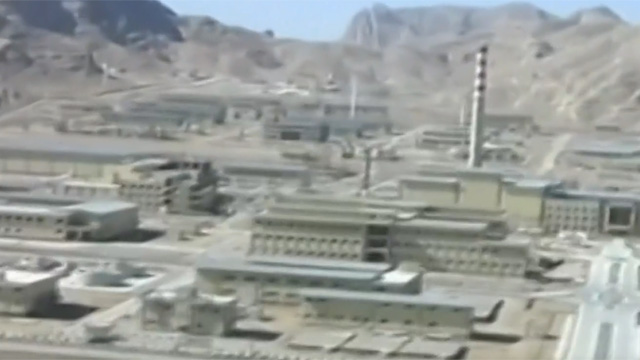
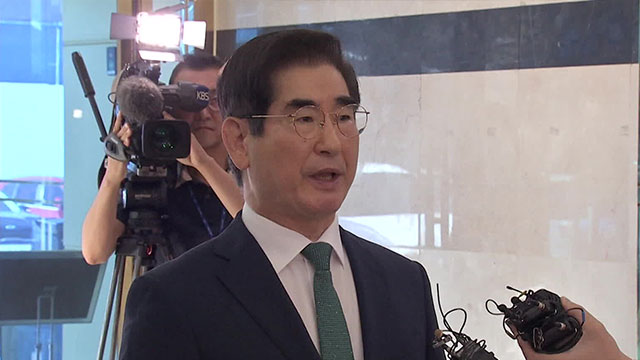
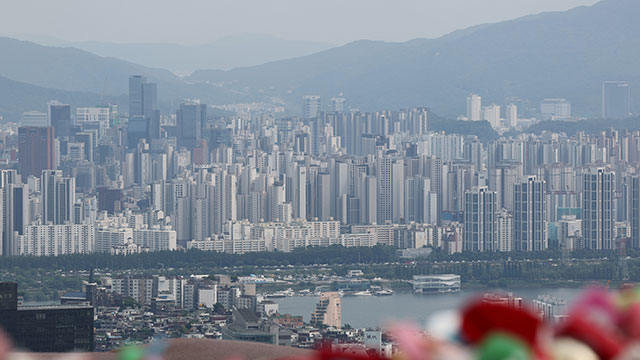

이 기사에 대한 의견을 남겨주세요.